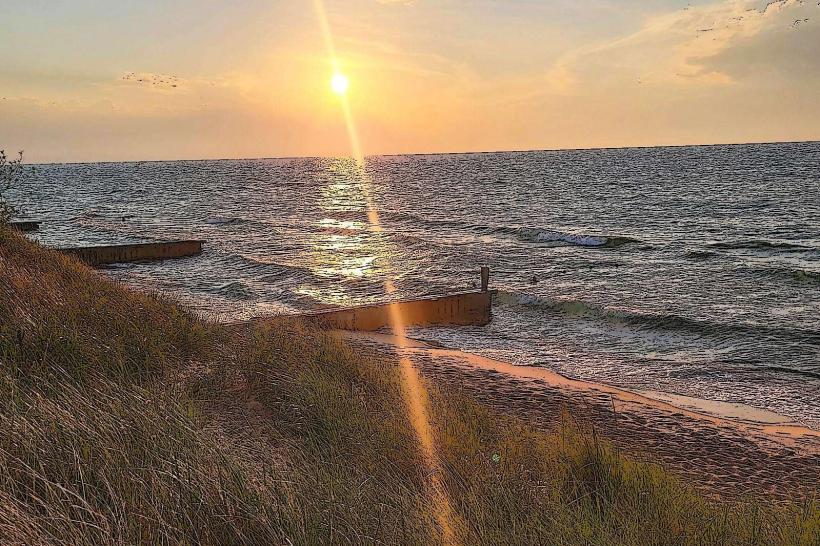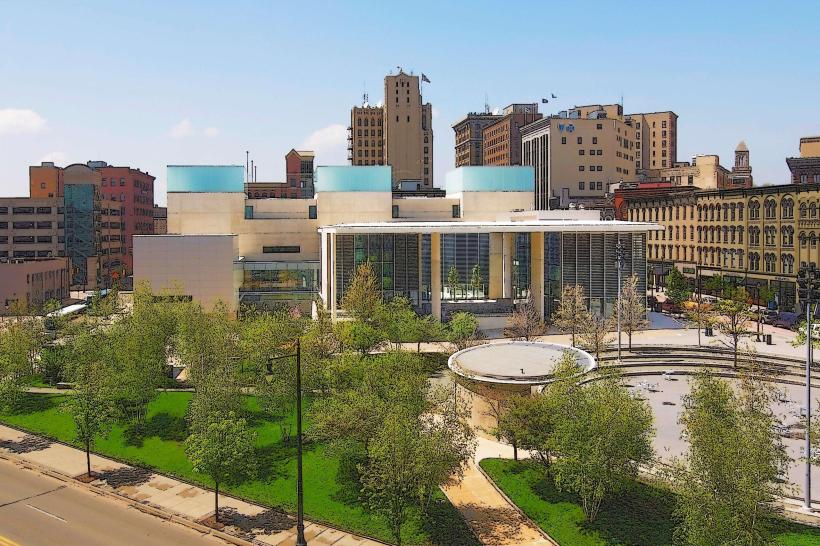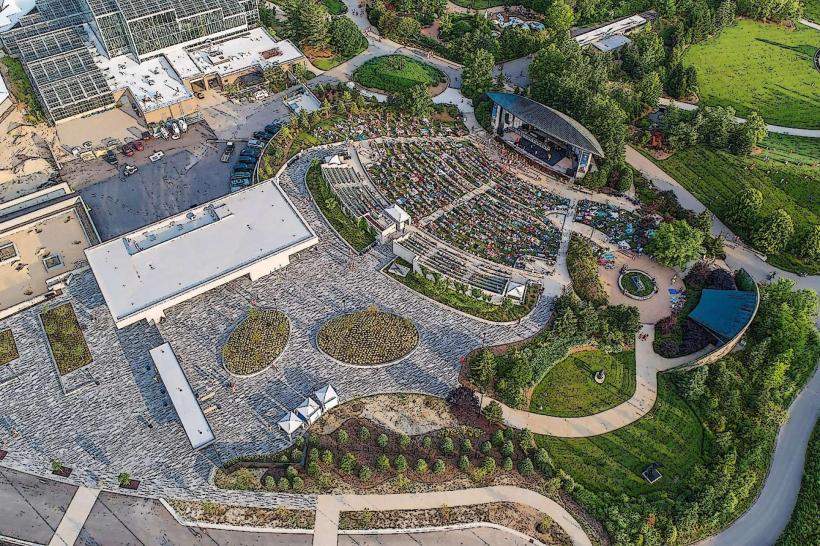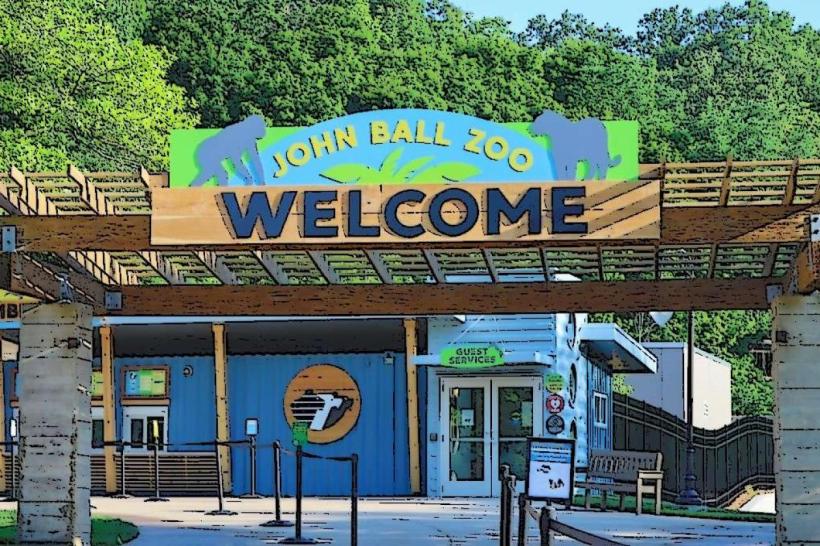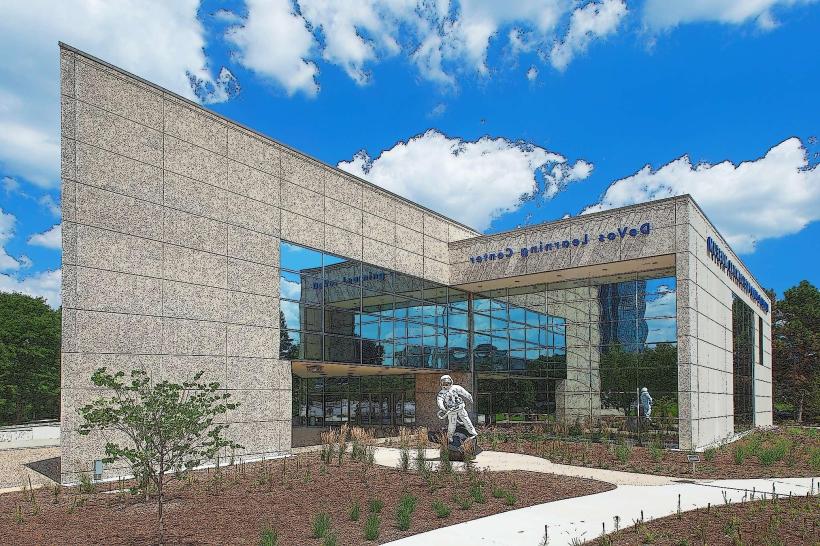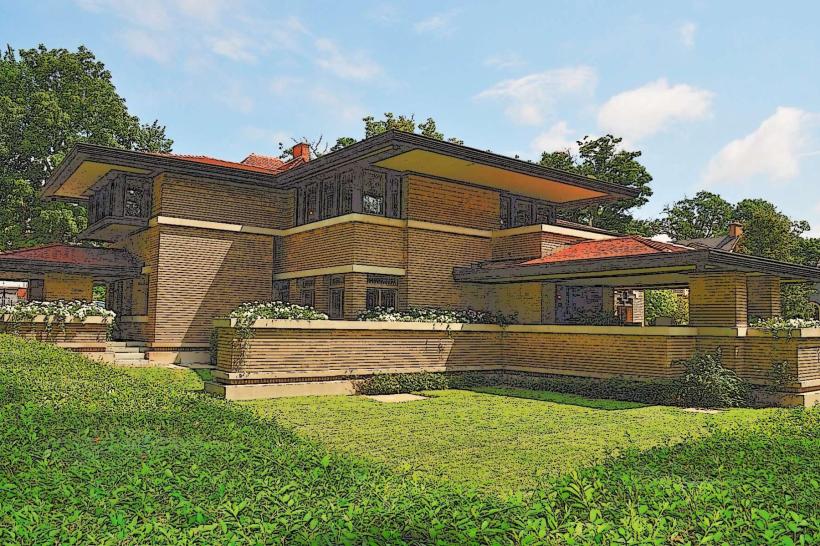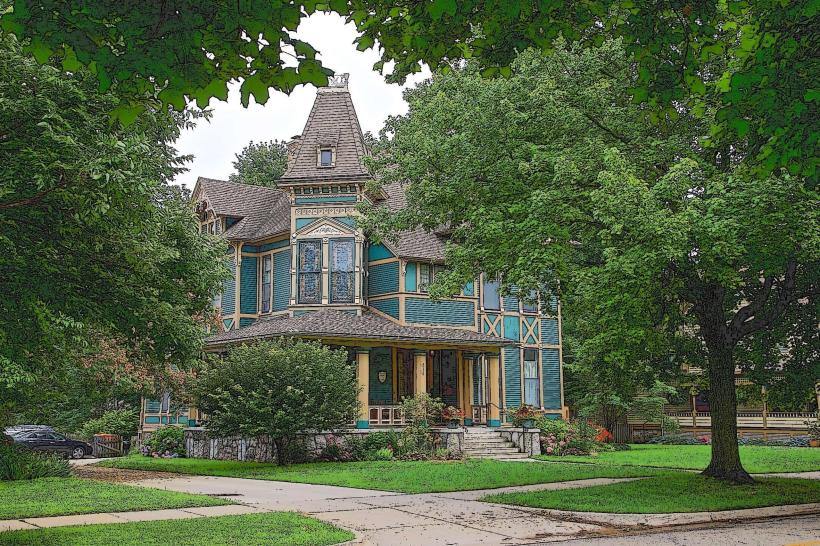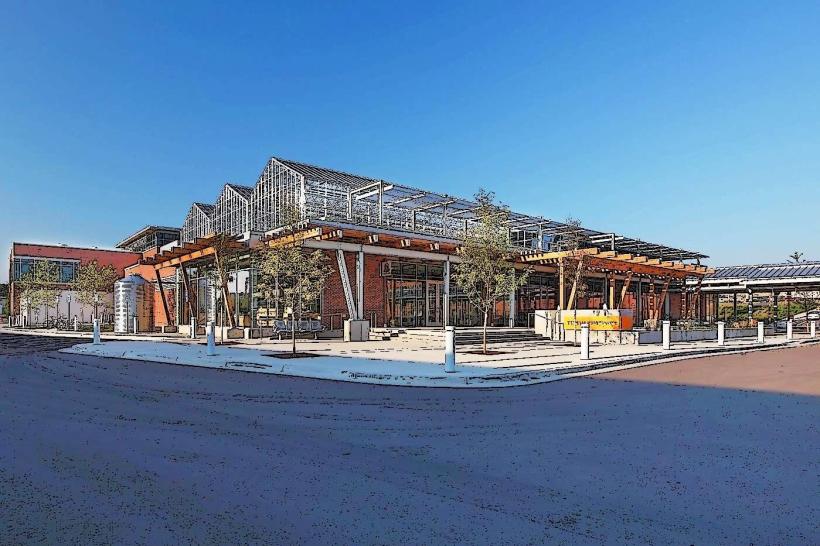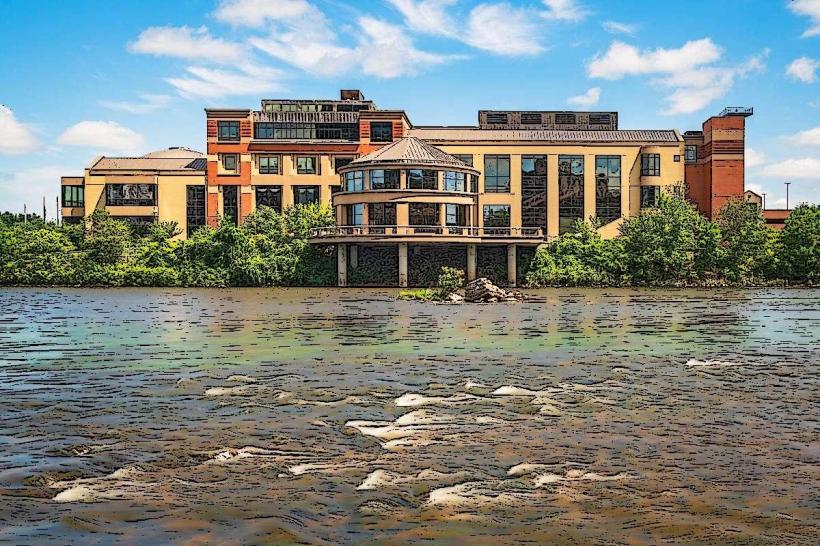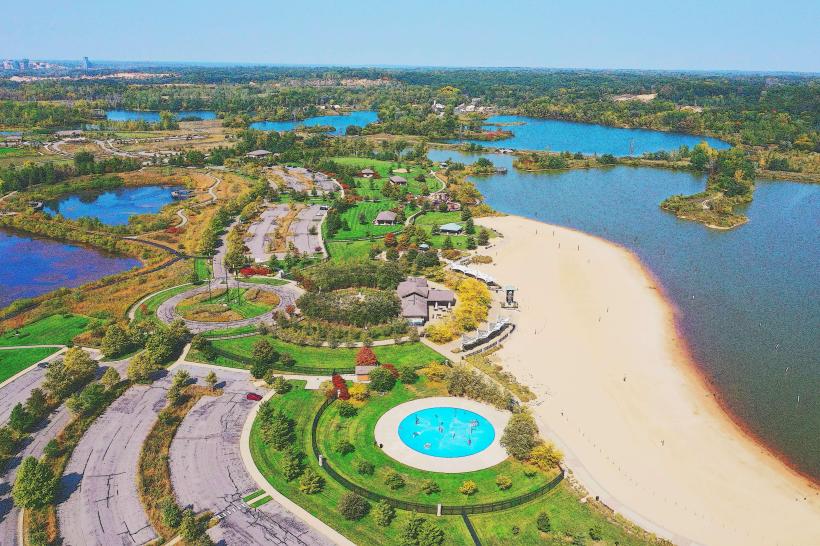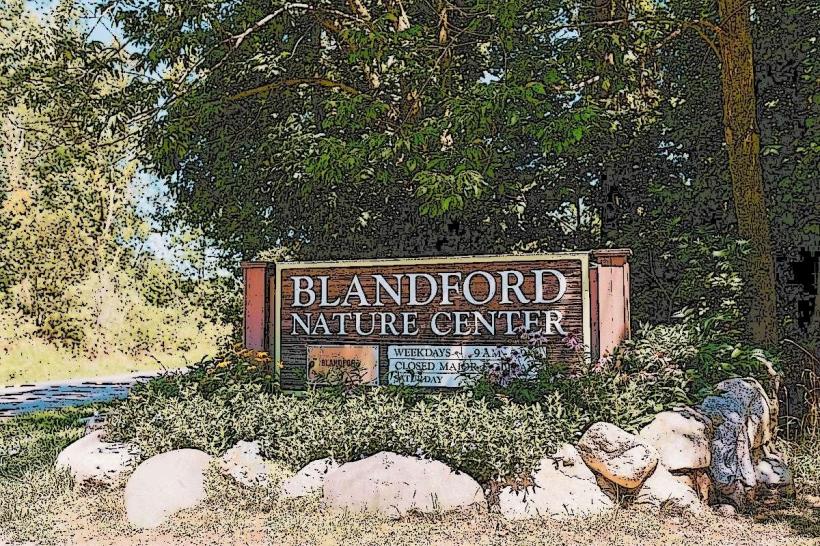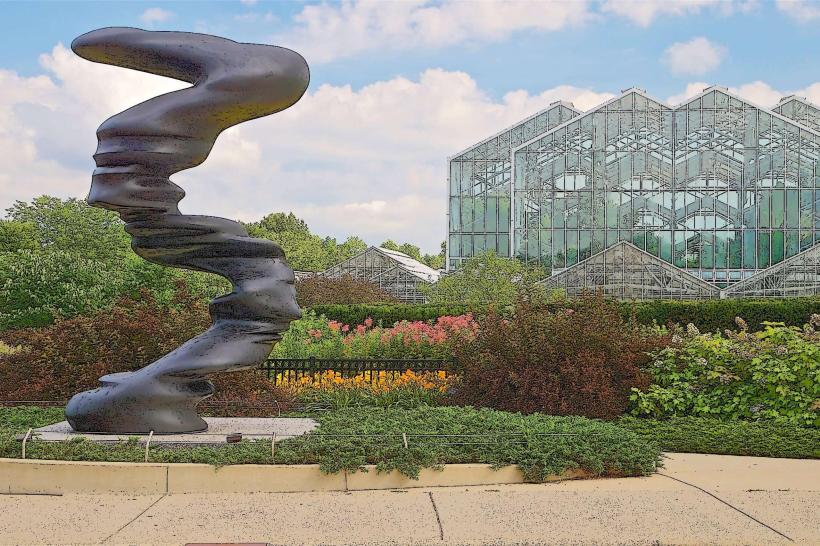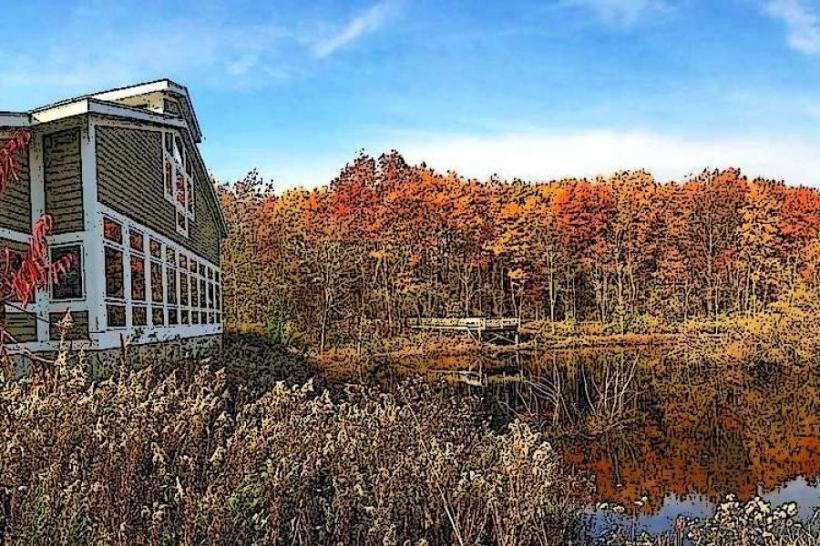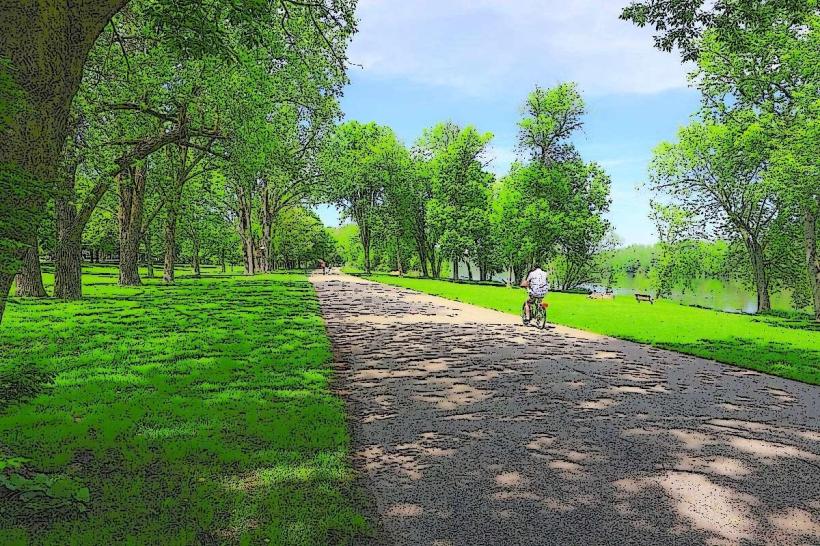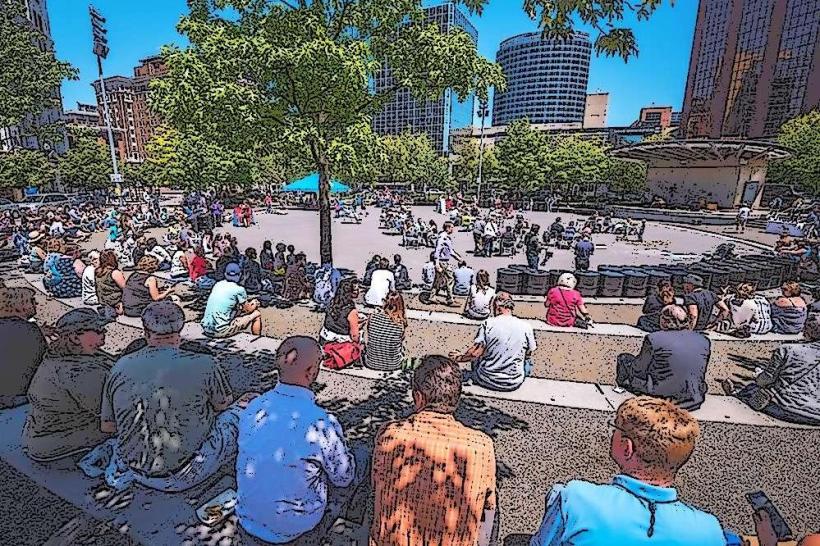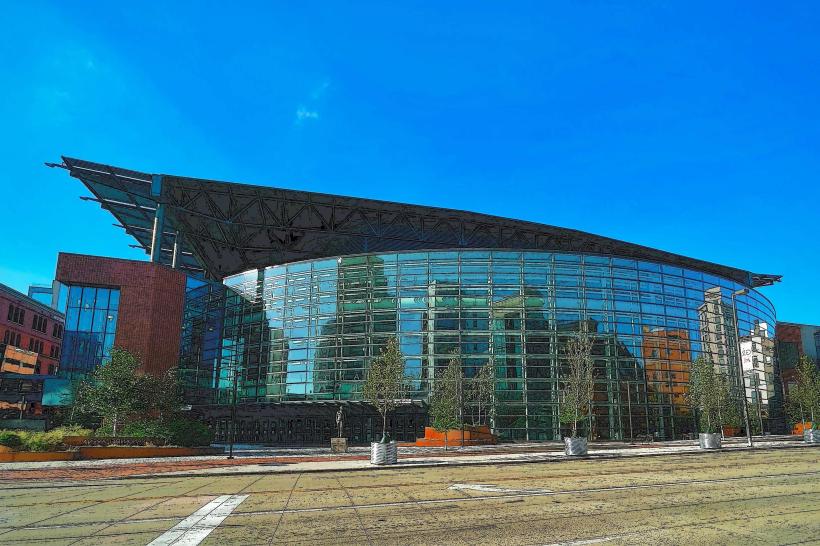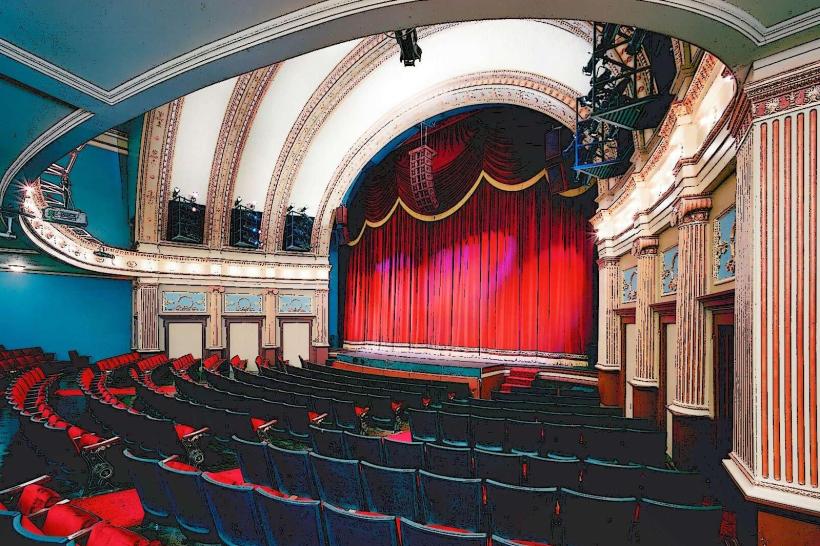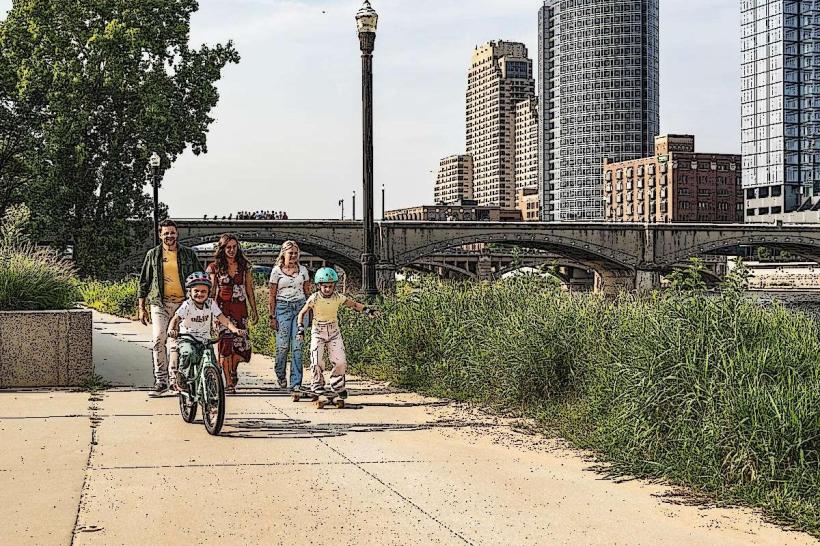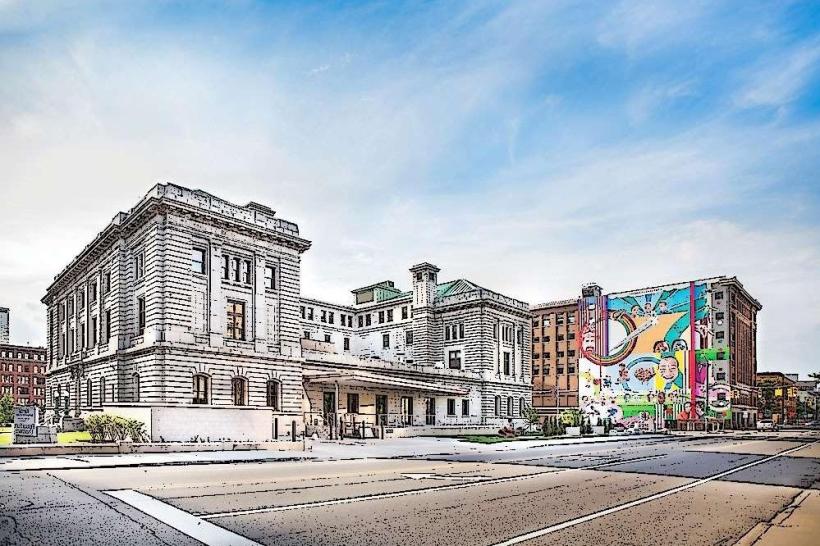Information
Landmark: Grand Rapids Children’s MuseumCity: Grand Rapids
Country: USA Michigan
Continent: North America
Grand Rapids Children’s Museum, Grand Rapids, USA Michigan, North America
Grand Rapids Children’s Museum – In Detail
The Grand Rapids Children’s Museum (GRCM) is a vibrant, hands-on educational and recreational space located in downtown Grand Rapids, Michigan. It’s designed to spark curiosity and foster learning through play for children, particularly those aged 2 to 10 years old. Since its establishment in 1997, it has become one of the city's most cherished cultural institutions, welcoming millions of visitors.
1. Philosophy and Mission
The core philosophy of GRCM is centered on “learning through play.” The museum believes that play is a vital part of child development, helping to nurture creativity, problem-solving skills, emotional expression, physical coordination, and social interaction. Its mission includes:
Encouraging exploration and imagination
Supporting diverse learning styles
Offering a safe and inclusive space for all children
Fostering early childhood development in physical, intellectual, and emotional areas
GRCM is committed to accessibility, inclusivity, and community engagement, and is often involved in collaborative educational programs with local schools, libraries, and cultural institutions.
2. Architectural Design and Location
The museum is housed in a distinctive glass-front building in downtown Grand Rapids at 11 Sheldon Avenue NE. The transparent façade serves as a metaphor for openness and visibility-children and their learning experiences are made visible to the public.
Its location places it within walking distance of major landmarks such as:
Grand Rapids Art Museum (GRAM)
Downtown eateries and shopping venues
3. Permanent Exhibits
Each exhibit is intentionally designed to be tactile, immersive, and flexible, adapting to children’s creativity. Some core permanent attractions include:
A. Little GR
A miniature city setup where children can role-play various professions. Kids can:
Shop at a pint-sized grocery store
Work at a post office
Serve pizza in a restaurant
Pump gas at a station
Learn about banking, firefighting, and civic responsibilities
This interactive village introduces children to real-world systems and community roles in an approachable way.
B. Bubbles
An area dedicated entirely to soap and water play, where children can:
Make huge bubbles
Encapsulate themselves inside a bubble
Learn about surface tension, light refraction, and air pressure-all while laughing
C. Wee Discover
Designed specifically for children under five, this soft, secure play zone includes:
Tummy time mats for infants
Foam blocks for stacking
Mirrors and textures for sensory development
A pretend kitchen for imaginative play
D. Live Hive
An enclosed, fully functioning beehive where visitors can observe:
Worker bees building combs
Bees transporting pollen and nectar
Social structures of the hive
This natural science display fosters early ecological literacy.
E. Train Table and Spin Zone
Train Table: Multi-level wooden train tracks with bridges, tunnels, and magnetic trains
Spin Zone: A kinetic exhibit where children learn about rotational force, balance, and gravity through active experimentation
4. Rotating and Seasonal Exhibits
To keep experiences fresh and dynamic, GRCM rotates in thematic or seasonal exhibits throughout the year. These have included:
“Diagnosis: FUN!”
Children step into the role of a doctor, nurse, or radiologist. Includes:
Toy MRI scanners
Human anatomy charts
Role-playing tools for checkups
“Mitten Kids Dentistry”
A playful dental office replica where children:
Practice brushing giant teeth
Role-play as dentists
Learn oral hygiene
“Emotions at Play” (inspired by Inside Out)
Children explore five core emotions through:
Themed obstacle courses
Story-driven interactions
Sensory stations like "Train of Thought"
5. Community and Cultural Programming
Beyond exhibits, GRCM hosts workshops, classes, and events:
STEAM Saturdays – Science, tech, engineering, art, and math projects
Sensory Nights – Modified environments for children with autism or sensory sensitivities
Story Time & Music Hours – Early literacy and rhythm activities
Family Nights – Discounted evening entry every Thursday to ensure economic accessibility
6. Accessibility and Inclusion Features
The museum takes care to make its environment inclusive:
Wheelchair accessible entrances and elevators
Nursing Nook for parents with infants
Sensory toolkits available at the front desk
Gender-neutral restrooms
Bilingual signage in English and Spanish
Discounts for EBT/WIC families through Museums for All program
7. Visitor Services and Amenities
Hours:
Tue, Fri, Sat: 9 AM – 4 PM
Thu: 9 AM – 7 PM (Family Night)
Sun: 12 PM – 4 PM
Closed Mondays
Admission:
General: $12 (ages 1–64)
Seniors: $11
Infants under 1: Free
EBT/WIC holders: $1.75 (up to 12 family members)
Military & First Responders: Discounts available
Amenities:
Snack area (no full café)
Coat room and lockers
Gift shop with educational toys and books
Nearby parking ramps and on-street metered parking
8. Educational Partnerships
GRCM collaborates with:
Grand Rapids Public Schools for field trips
Kent District Library for literacy programs
ArtPrize and local artists to install child-friendly art during events
Children’s Healing Center for therapeutic play programs
9. Social Impact and Vision
GRCM serves as a hub of play equity, ensuring that economic, physical, or cultural barriers do not prevent any child from accessing meaningful play. It aims to:
Promote lifelong learning habits
Build resilience and social skills
Inspire a love for science, art, and the community
Honor the diversity of family backgrounds in the Grand Rapids area
Its future goals include potential expansion into outdoor space, installation of more culturally diverse exhibits, and expanded partnerships with child-focused organizations.
In summary, the Grand Rapids Children's Museum is not just a place for entertainment-it's a thoughtfully curated environment where children learn, connect, imagine, and grow. It plays a critical role in early childhood education, community engagement, and inclusive recreation in West Michigan.

